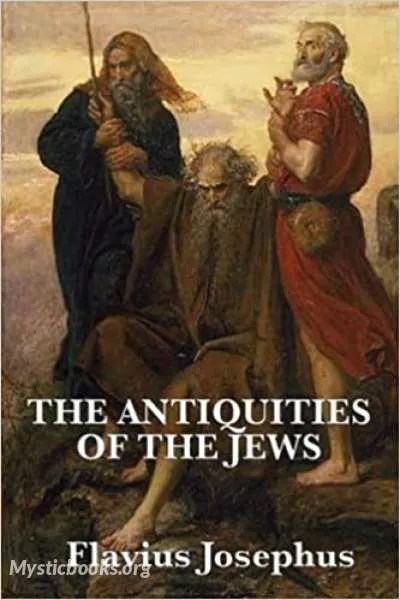
The Antiquities of the Jews, Volume 2
'The Antiquities of the Jews, Volume 2' Summary
Josephus' Judean Antiquities is a vital source for the history of the Intertestamental period and the Jewish war against Rome.
In the preface of Antiquities of the Jews, Josephus provides his motivation for composing such a large work. He writes:
Now I have undertaken the present work, as thinking it will appear to all the Greeks worthy of their study; for it will contain all our antiquities, and the constitution of our government, as interpreted out of the Hebrew Scriptures.
Josephan scholar Louis Feldman highlights several of the misconceptions about the Jewish people that were being circulated in Josephus' time. In particular, the Jews were thought to lack great historical figures and a credible history of their people. They were also accused of harboring hostility toward non-Jews, and were thought to be generally lacking in loyalty, respect for authority, and charity. With these harsh accusations against the Jews fluttering about the Roman empire, Josephus, formerly Joseph ben Matthias, set out to provide a Hellenized version of the Jewish history. Such a work is often called an "apologia," as it pleads the case of a group of people or set of beliefs to a larger audience.
In order to accomplish this goal, Josephus omitted certain accounts in the Jewish narrative and even added a Hellenistic "glaze" to his work. For example, the "Song of The Sea" sung by Moses and the people of Israel after their deliverance at the Red Sea is completely omitted in Josephus' text. He does mention, however, that Moses composed a song to God in hexameter—a rather unusual (and Greek) metrical scheme for an ancient Hebrew. Josephus also writes that Abraham taught science to the Egyptians, who in turn taught the Greeks, and that Moses set up a senatorial priestly aristocracy, which like Rome resisted monarchy. Thus, in an attempt to make the Jewish history more palatable to his Greco-Roman audience, the great figures of the biblical stories are presented as ideal philosopher-leaders.
In another example, apparently due to his concern with pagan antisemitism, Josephus omitted the entire episode of the golden calf from his account of the Israelites at Mount Sinai. It has been suggested that he was afraid that the biblical account might be employed by Alexandrian antisemites to lend credence to their allegation that the Jews worshiped an ass's head in the Temple (cf. Apion 2:80, 114, 120; Tacitus, Histories 5:4). He also made discredited allegations that the Ancient Egyptians forced the Jewish slaves to build the pyramids, writing “They [the Egyptian taskmasters] set them also to build pyramids.”.
Josephus also adds a short account of his personal life, Vita, as an appendix to the Judean Antiquities.
Antiquities of the Jews contains a good deal of valuable, sometimes unique, historical material. This applies, for example, to the history of the Hellenistic states, Parthia, Armenia, the Nabatean kingdom. Roman power, to the history of Rome's conquest of the states of Western Asia. It is no accident that in the Middle Ages and in modern times this book of Josephus was considered one of the most important sources in ancient Roman history, along with the works of Titus Livius, Tacitus, Suetonius, and one of the most erudite Christian authors of the 4th–5th centuries, Jerome called Josephus Flavius "Titus Livius of the Greeks".
The extant copies of this work, which all derive from Christian sources, contain two disputed passages about Jesus. The long one has come to be known as the Testimonium Flavianum. If genuine, it is an early extrabiblical record of Jesus, and as such is sometimes cited as independent evidence for the historical existence of Jesus.
Book Details
Language
EnglishOriginal Language
GreekPublished In
1544Genre/Category
Tags/Keywords
Authors
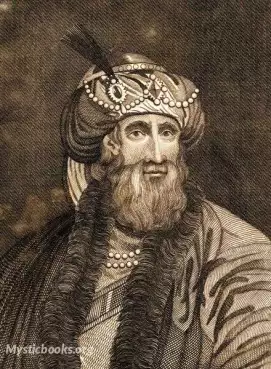
Flavius Josephus
Italy
Titus Flavius Josephus was a first-century Romano-Jewish historian who was born in Jerusalem—then part of Roman Judea—to a father of priestly descent and a mother who claimed royal ancestr...
Books by Flavius JosephusDownload eBooks
Listen/Download Audiobook
- Select Speed
Related books
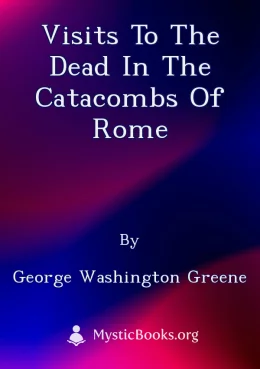
Visits To The Dead In The Catacombs Of Rome by George Washington Greene
George Washington Greene, a seasoned observer and former United States consul in Rome, offers a glimpse into the historical and cultural significance...
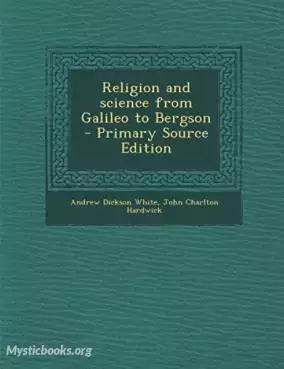
Religion and Science from Galileo to Bergson by John Charlton Hardwick
"The chapters which follow are not intended as even a slight sketch of the history of Thought since the Renaissance. Their object is more modest, i.e....
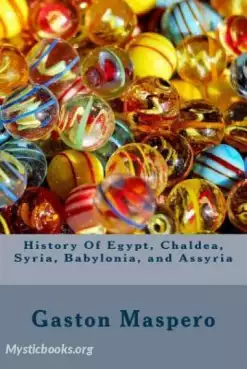
History Of Egypt, Chaldea, Syria, Babylonia, and Assyria, Vol. 1 by Gaston Maspero
History Of Egypt, Chaldæa, Syria, Babylonia, and Assyria is the masterwork of one of the fathers of modern egyptology. This work, in twelve volumes, w...

The Divorce of Catherine of Aragon by James Anthony Froude
In the tumultuous era of Tudor England, a mighty king's pursuit of love and power ignited a religious and political storm that shook the foundations o...
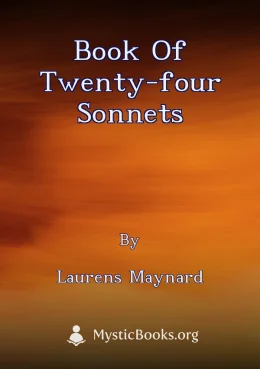
Book of Twenty-four Sonnets by Laurens Maynard
This collection of 24 sonnets by Laurens Maynard showcases a wide range of classical themes, drawing inspiration from biblical figures, historical eve...
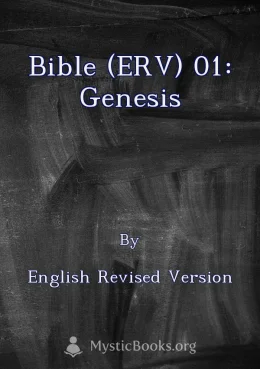
Bible (ERV) 01: Genesis by English Revised Version
The Book of Genesis, the first book of the Hebrew Bible and the Christian Old Testament, tells the story of the creation of the world and the beginnin...

Popular History of Ireland, Book 08 by Thomas D'Arcy McGee
This book is the eighth in a series of twelve books on the history of Ireland by Thomas D'Arcy McGee. It covers the late Tudor period, particularly th...
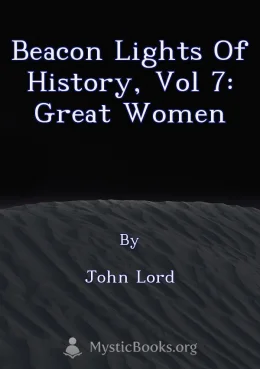
Beacon Lights of History, Vol 7: Great Women by John Lord
This volume delves into the lives and achievements of notable women throughout history. It offers a comprehensive overview of their contributions to v...

Schlacht bei Stellau 1201 by Detlev von Liliencron
Kurzes Historien Drama um die Schlacht bei Stellau 1201 zwischen Dänen und Holsteinern. Den roten Faden bittet die Liebe zu einer Sklavin, unversöhnli...

The Lives of the Queens of England Volume 6 by Agnes Strickland
From the shadows of obscurity, Agnes Strickland emerged as a queen who defied the limits of her time. With her fierce intellect and unshakable resolve...
Reviews for The Antiquities of the Jews, Volume 2
No reviews posted or approved, yet...